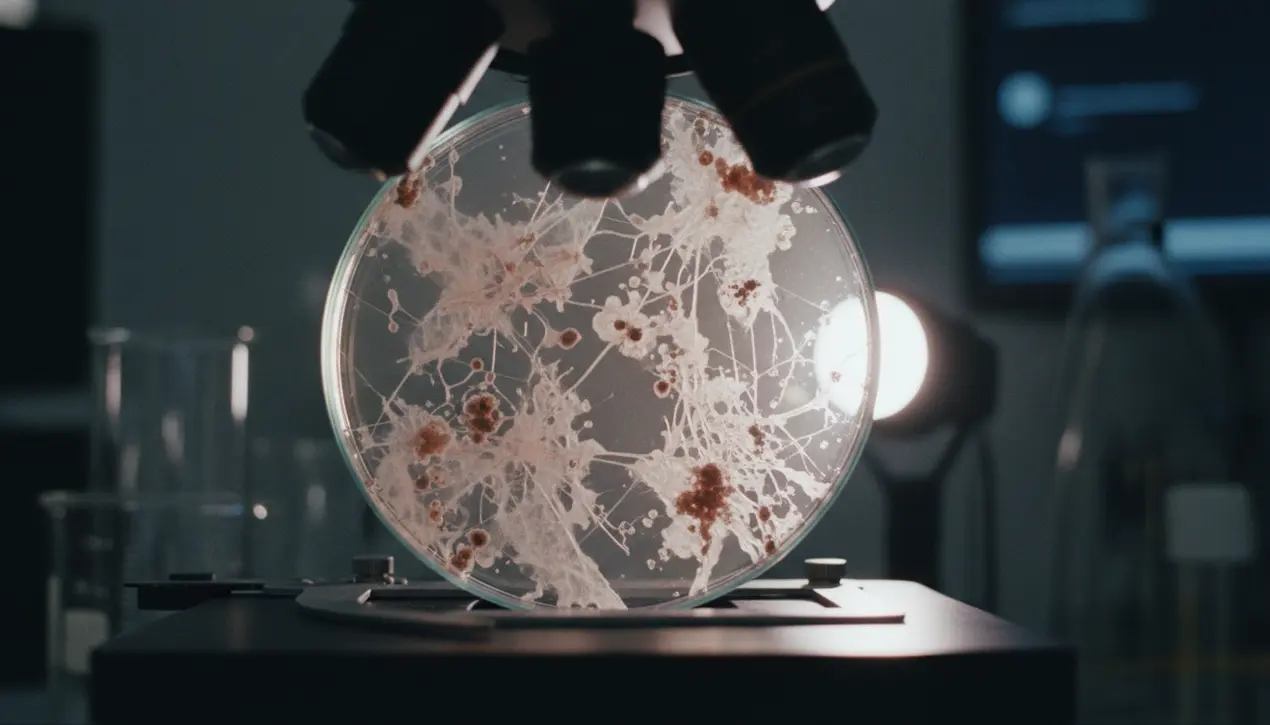
Scienceneuroscience
Inflammation turns bone marrow into a breeding ground for disease
KE
Kevin White
2 hours ago7 min read1 comments
In a revelation that fundamentally recalibrates our understanding of aging and hematopoiesis, a groundbreaking study has illuminated how chronic inflammation orchestrates a sinister remodeling of the bone marrow microenvironment, effectively transforming it into a fertile breeding ground for pre-malignant disease. This isn't merely about rogue stem cells acquiring mutations through random chance; it's a sophisticated, systemic betrayal where the body's own defense mechanisms conspire to create a perfect storm.The research reveals that persistent inflammatory signals trigger a dramatic reprogramming of the bone marrow's stromal cells—the essential architectural and supportive scaffold for blood production. These reconfigured stromal cells, in concert with a specific population of interferon-responsive T cells, establish a self-perpetuating inflammatory loop, a biological echo chamber that progressively weakens the entire hematopoietic system.The most counterintuitive finding, however, is that the dominant, mutated stem cell clones, long suspected to be the primary instigators of age-related blood cancers like myelodysplastic syndromes, may in fact be opportunistic passengers rather than the master drivers. They appear to thrive not solely due to their own genetic advantages, but because the inflamed niche actively suppresses their healthy, wild-type counterparts, clearing the field for their silent expansion.This paradigm shift suggests that the very ecosystem of our bone marrow becomes complicit with age, a concept with profound implications for the future of biotech and medicine. It moves the therapeutic target from the cancer cell itself to the corrupted environment that enables it, opening avenues for interventions aimed at niche restoration rather than direct cellular attack.Imagine a future where we don't just poison mutated cells with chemotherapy but instead administer treatments that recalibrate the bone marrow's inflammatory setpoint, effectively evicting the malignant tenants by repairing the foundation of the house. This research, sitting at the thrilling intersection of immunology, stem cell biology, and systems medicine, echoes the principles we see in advanced CRISPR-based therapies, where context is everything.It forces us to view clonal hematopoiesis not as an isolated cellular event but as a systemic failure of the biological neighborhood, a process as much about the soil as it is about the seed. The consequences extend beyond hematology, offering a potential model for how chronic inflammation fuels oncogenesis in other tissues, and underscores the urgent need for diagnostics that can detect these precancerous niche alterations long before a full-blown malignancy declares itself.
#inflammation
#bone marrow
#stem cells
#chronic disease
#immune system
#aging
#medical research
#featured
Stay Informed. Act Smarter.
Get weekly highlights, major headlines, and expert insights — then put your knowledge to work in our live prediction markets.
Related News
Comments
Loading comments...
© 2025 Outpoll Service LTD. All rights reserved.